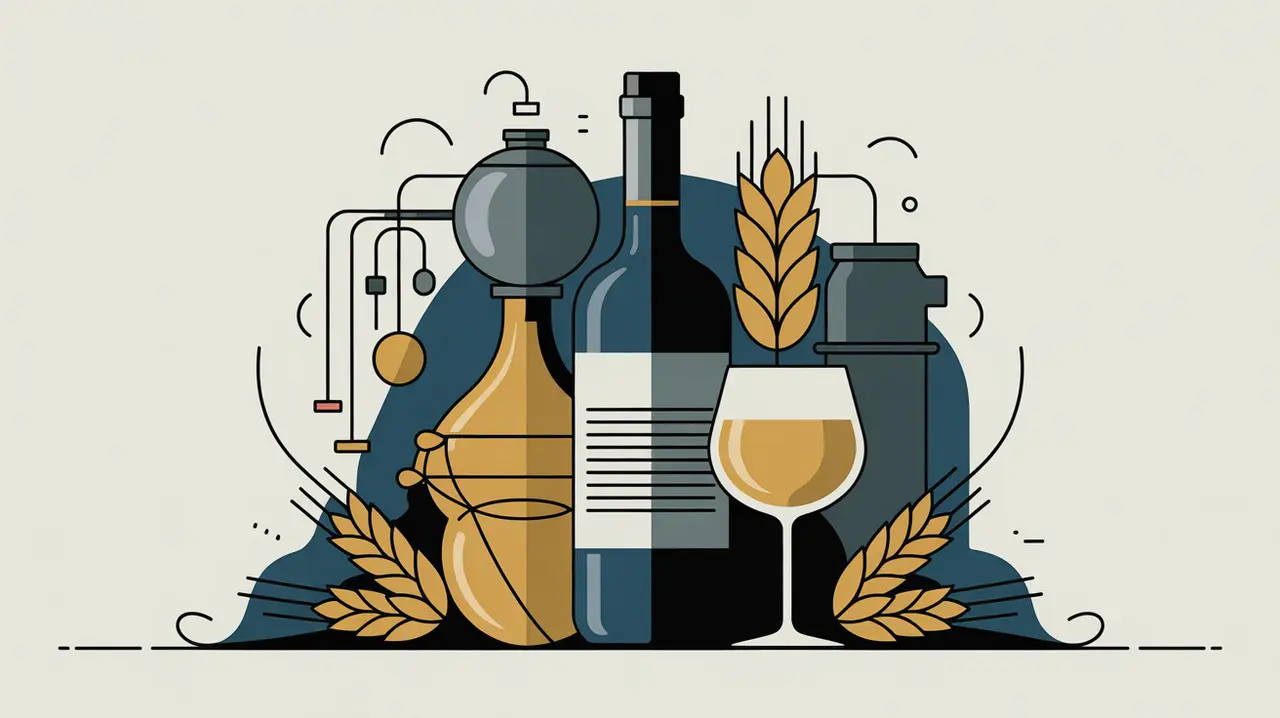Importance of Alcohol
Alcohol is a significant field within public health and social development due to its wide-ranging social, economic, and health impacts. Globally, alcohol consumption is linked to both cultural practices and public health burdens, including non-communicable diseases, accidents, and social harms. In international development, alcohol intersects with poverty, inequality, and health system strain, making it a focal point for policy regulation, prevention campaigns, and community health initiatives. For nonprofits and social innovators, addressing alcohol use is critical to advancing wellbeing, reducing preventable deaths, and promoting safer communities.
Definition and Features
Alcohol refers to beverages containing ethanol produced through fermentation or distillation, consumed recreationally, socially, or culturally. Its key features in development contexts include:
- Public Health Burden: associated with liver disease, cancers, addiction, and accidents.
- Economic Role: contributes to government revenues through taxation, while also creating social costs in healthcare and productivity losses.
- Cultural Dimensions: integral to rituals, traditions, and social life in many societies.
- Policy Frameworks: subject to regulation, including minimum drinking ages, taxation, advertising restrictions, and public health campaigns.
How this Works in Practice
In practice, alcohol regulation and harm-reduction strategies vary widely by country. Some nations implement strict advertising bans and high excise taxes, while others rely on public education campaigns and community-based interventions. For example, in low-resource settings, nonprofits may run awareness programs about the dangers of unregulated or home-brewed alcohol. Public health initiatives often integrate alcohol reduction with broader programs targeting non-communicable diseases or road safety. At the same time, alcohol industries invest heavily in marketing, creating challenges for prevention efforts.
Implications for Social Innovation
Alcohol presents both risks and opportunities for social innovation. On the risk side, excessive consumption perpetuates cycles of poverty, domestic violence, and health inequities. On the opportunity side, innovative interventions can mitigate harm. Among these are mobile health tools for addiction support, social enterprises producing non-alcoholic beverages, and policy advocacy for responsible regulation. For proximate actors, addressing alcohol use is not just a health concern but a systemic challenge that intersects with culture, economics, and governance. Solutions that balance cultural respect with health imperatives can reduce harm and strengthen community wellbeing.







